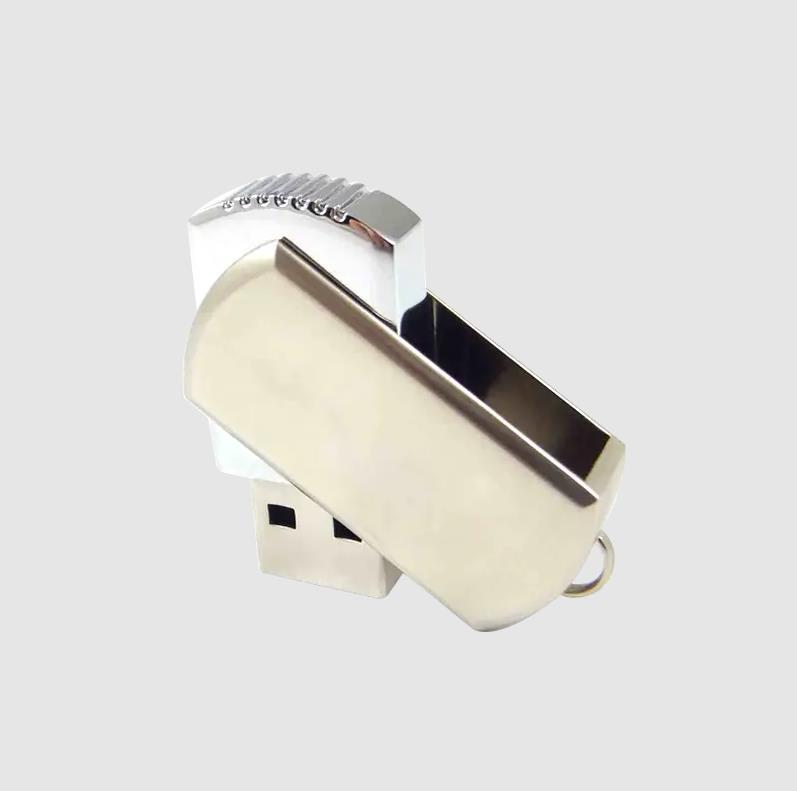The waterproof and dustproof ratings of USB drives are essential considerations for consumers, especially those who work in environments where their devices may be exposed to harsh conditions. USB drive manufacturers are at the forefront of providing these ratings, which are crucial for ensuring the longevity and reliability of their products. The International Electrotechnical Commission (IEC) has established the Ingress Protection (IP) code, which is a universal standard used by USB drive manufacturers to define the level of sealing effectiveness of electrical enclosures against intrusion from foreign bodies (including dust) and moisture.
The IP code consists of two digits, the first of which represents the level of protection against solid objects, while the second digit indicates the level of protection against liquids. For USB drive manufacturers, these ratings are not just numbers; they are a promise of quality and a commitment to customer satisfaction. A higher first digit means better protection against dust, with the highest rating being 6, which indicates complete protection against dust ingress. The second digit, when it comes to water resistance, can range from 1 (protection against condensation) to 8 (protection against long periods of immersion in water).
USB drive manufacturers must rigorously test their products to ensure they meet the specified IP ratings. This involves a series of tests that simulate real-world conditions, such as dust chambers and water jets or submersion tanks. By doing so, they can confidently label their USB drives with the appropriate IP code, which helps consumers make informed decisions based on their specific needs.
For instance, a USB drive manufacturer might market a product with an IP67 rating, indicating that it is dust-tight and can withstand being submerged in water up to 1 meter for 30 minutes. This is particularly appealing to professionals in industries such as construction, outdoor photography, or any environment where the risk of dust and water exposure is high. On the other hand, a USB drive with an IP53 rating would be suitable for everyday use, offering protection against dust and water sprays but not full submersion.
The importance of these ratings cannot be understated, as they directly impact the usability and lifespan of USB drives. USB drive manufacturers invest in research and development to improve their products' resistance to environmental factors. This not only enhances the durability of their offerings but also builds trust with consumers who rely on their devices in various settings.
Moreover, USB drive manufacturers are also aware of the environmental impact of their products. As such, they are increasingly focusing on creating eco-friendly designs that are both water and dust-resistant, reducing the likelihood of damage and the need for replacement. This approach aligns with the growing consumer demand for sustainable products that perform well in a variety of conditions.
In conclusion, the waterproof and dustproof ratings provided by USB drive manufacturers are more than just marketing gimmicks; they are a testament to the quality and resilience of their products. By adhering to the IP code, USB drive manufacturers ensure that their customers have a clear understanding of what to expect from their devices in terms of protection against the elements. This transparency is key to maintaining a competitive edge in a market where performance and reliability are paramount. As technology continues to evolve, USB drive manufacturers will undoubtedly continue to push the boundaries of what is possible in terms of water and dust resistance, ensuring that their products remain at the forefront of portable data storage solutions.



